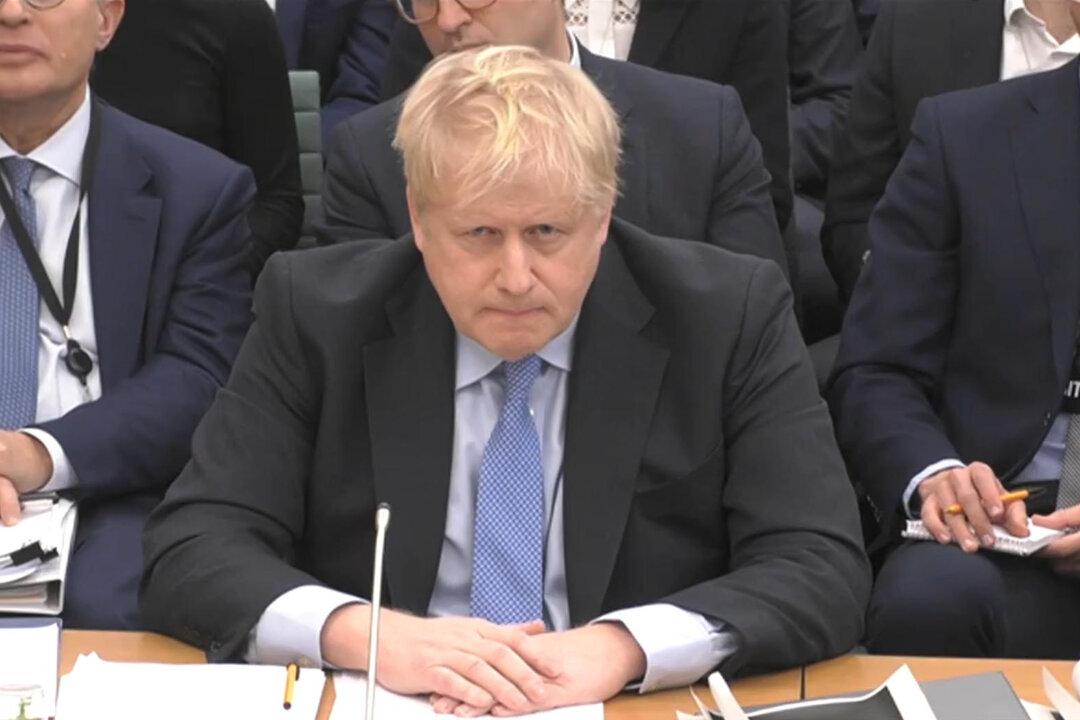A leading epidemiologist from Oxford’s Department of Biology has revealed senior medical advisors advocated for the prime minister to adopt a “focused protection” approach during the COVID-19 crisis, advocating for a ‘Swedish-style’ solution.
This approach, Professor Sinetra Gupta claims, would have represented the only humanitarian route out of the crisis. The details were revealed yesterday in a witness statement submitted to the ongoing UK COVID-19 Inquiry.





